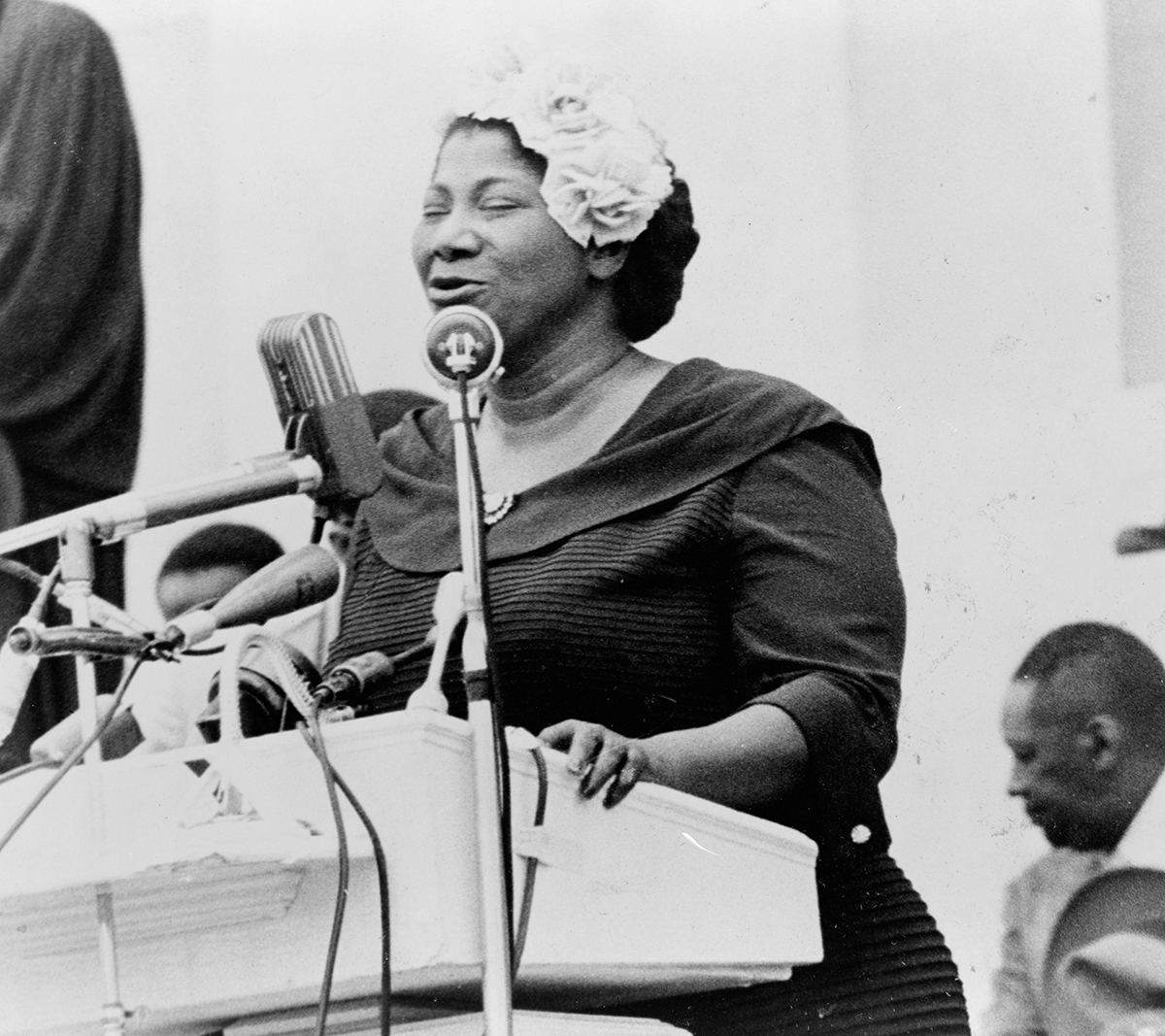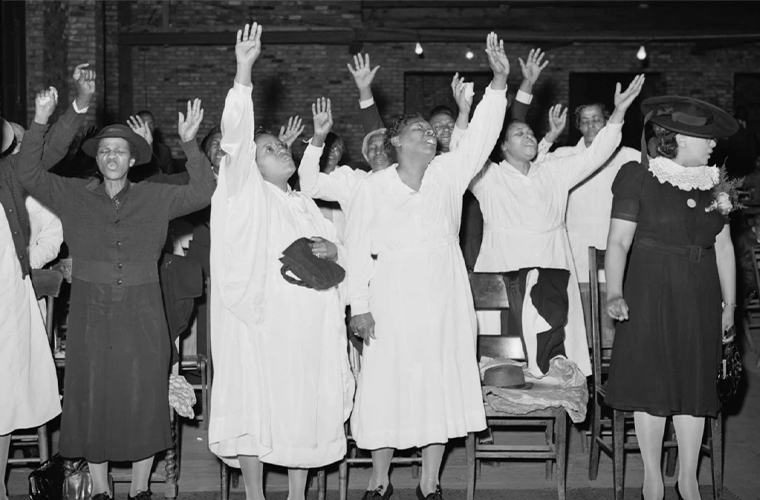Gospel music is a genre of Christian music that originated in African-American churches in the United States. It has its roots in African musical traditions, blended with hymns and spiritual songs sung by enslaved Africans during the era of slavery. Gospel music is characterized by its emotional and uplifting nature, often featuring powerful vocals, call-and-response patterns, and expressive performances.
The origins of gospel music can be traced back to the late 19th and early 20th centuries when African-American communities began incorporating elements of their cultural heritage into their worship services. As African Americans faced oppression and hardships, gospel music served as a source of strength, hope, and spiritual solace.
Thomas A. Dorsey, often referred to as the “Father of Gospel Music,” played a significant role in shaping and popularizing the genre. In the 1930s, Dorsey combined the sounds of blues and jazz with Christian lyrics, creating a new style of music that became known as gospel. His compositions, such as “Take My Hand, Precious Lord,” became enduring gospel classics.
Gospel music gained wider recognition and popularity in the mid-20th century. Artists like Mahalia Jackson, Sister Rosetta Tharpe, Clara Ward, and The Staple Singers helped bring the gospel to larger audiences through their recordings and live performances. These artists showcased the power and authenticity of gospel music, drawing influences from blues, jazz, and R&B to create a unique sound. Gospel music has since diversified and evolved into various subgenres and styles. Traditional gospel music maintains the roots of the genre, featuring choirs, handclaps, and call-and-response singing. Contemporary gospel music incorporates elements of R&B, soul, pop, and hip-hop, and often features solo artists or vocal groups.

In addition to its religious significance, gospel music has had a significant cultural impact. It has influenced and shaped other genres of music, including soul, R&B, rock ‘n’ roll, and even secular music. The powerful vocal techniques and emotional expressions found in the gospel have inspired countless artists across different musical backgrounds. Gospel music has also transcended cultural and geographical boundaries, spreading beyond African-American churches. Today, gospel music is celebrated and performed by diverse communities worldwide, reflecting its universal message of faith, hope, and redemption.
Whether performed in churches, concert halls, or on recordings, gospel music continues to uplift, inspire, and bring people together through its joyful melodies, heartfelt lyrics, and messages of spirituality. It remains an integral part of the musical and cultural heritage of African Americans and continues to resonate with audiences of all backgrounds.

